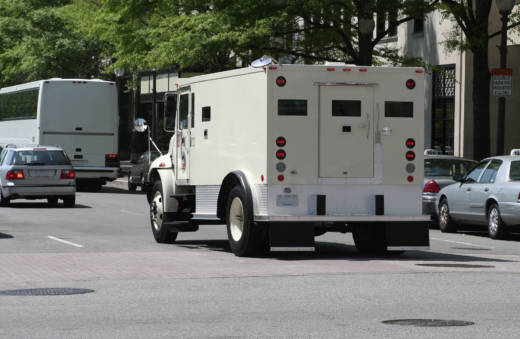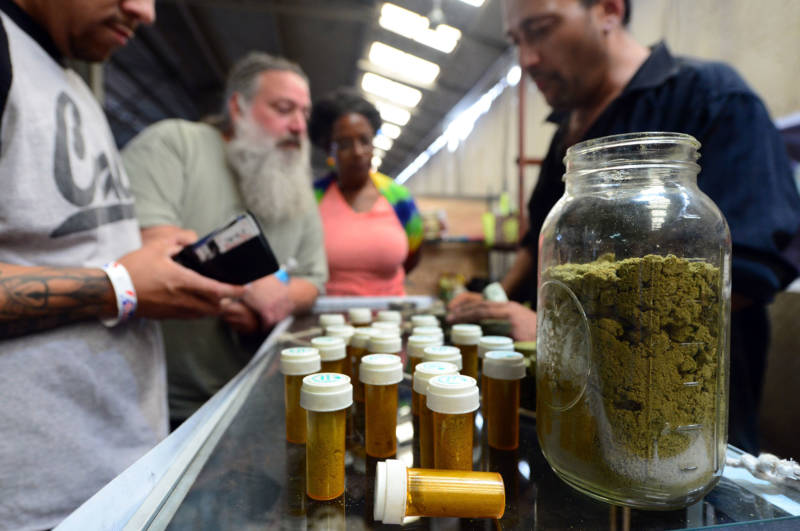In less than two months, recreational cannabis becomes lawful for California adults.
Legal weed is expected to create a multibillion-dollar industry, much of it in cash. But because selling marijuana is still against federal law, a lot of banks won’t deal with cannabis businesses. Treasurer -- and gubernatorial candidate -- John Chiang says that makes things complicated.
"The simple act of paying taxes can be a nightmare for both tax collectors and taxpayers," he says. "Government agencies must spend money and manpower on beefed-up security and counting and sorting piles of cash.”
In anticipation of the largely cash industry, Chiang on Tuesday released a report from his Cannabis Working Group, outlining how California can address the lack of banking.

